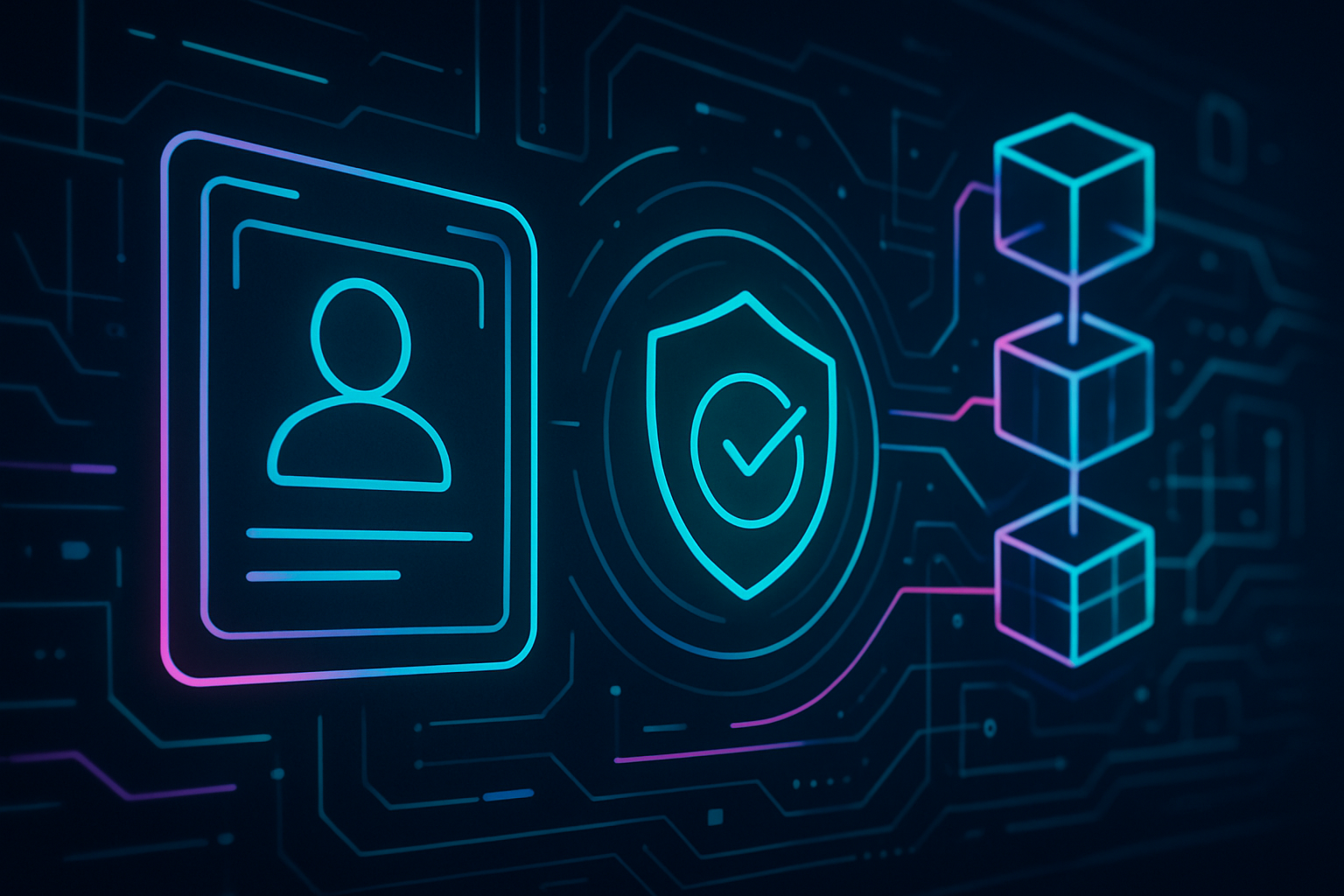
In the rapidly evolving Web3 landscape, identity verification is more than a compliance checkbox – it’s a linchpin for trust, privacy, and scalability. As decentralized applications (dApps), token sales, and gated communities proliferate, the need for seamless Know Your Customer (KYC) processes has never been more acute. Enter onchain attestations for KYCed addresses: cryptographic proofs anchored on blockchain networks that verify user credentials without exposing sensitive data.
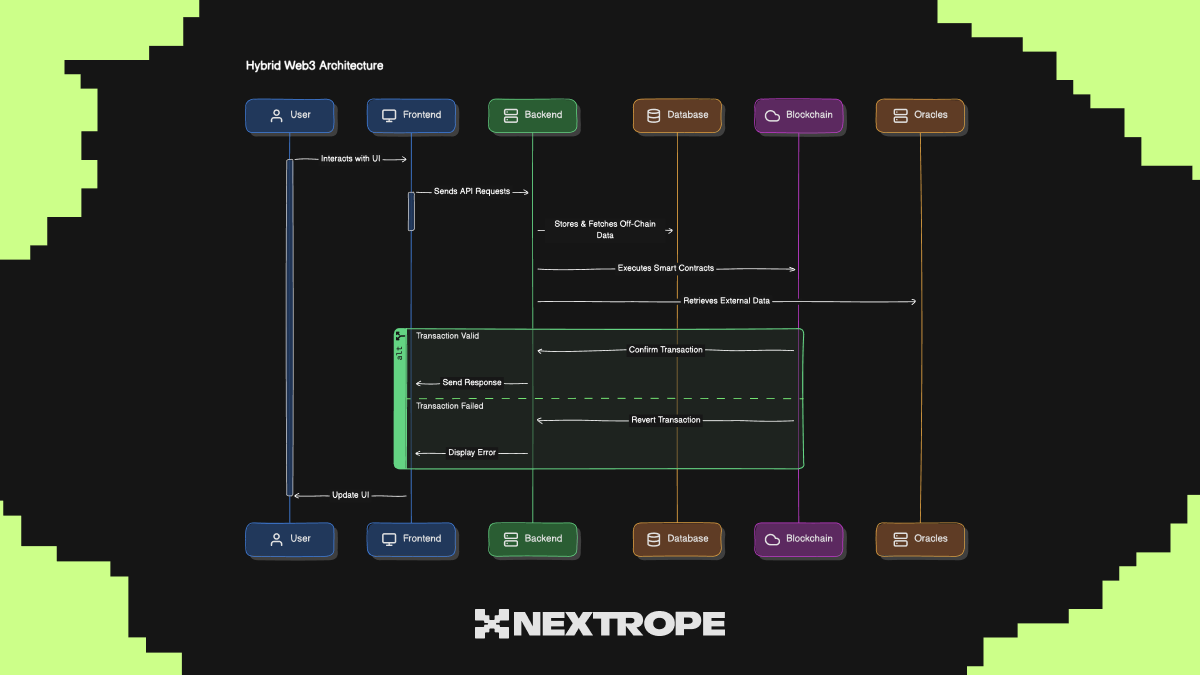
Why Onchain Attestations Matter for Web3 Allowlists
Allowlist management is foundational for token launches and gated DeFi participation. Traditionally, users face repetitive KYC checks across multiple platforms, leading to friction and privacy risk. Onchain attestations disrupt this paradigm by enabling users to complete KYC once with a trusted provider. The resulting attestation – an immutable, blockchain-stored proof – can be referenced by any compatible platform.
This shift empowers both users and project teams:
Key Benefits of Onchain KYC Attestations
-
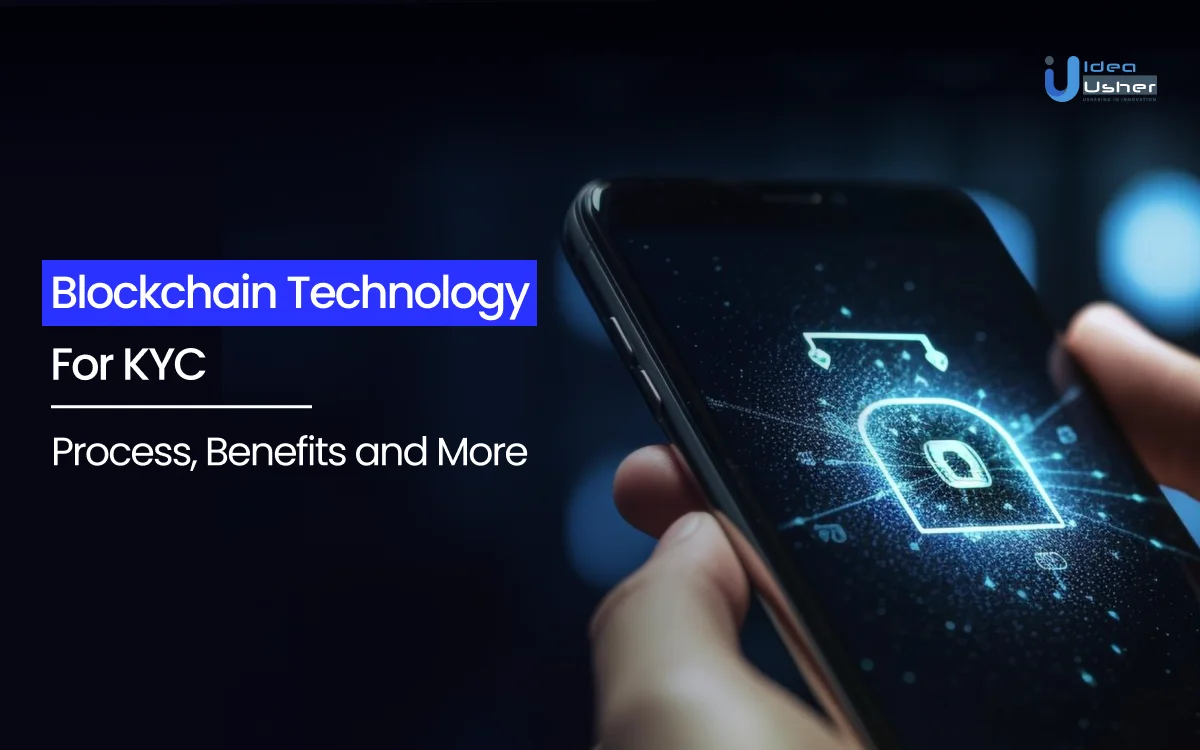
Streamlined User Onboarding: Onchain KYC attestations enable platforms to instantly verify a user’s identity status, drastically reducing onboarding time for allowlists and token sales.
-
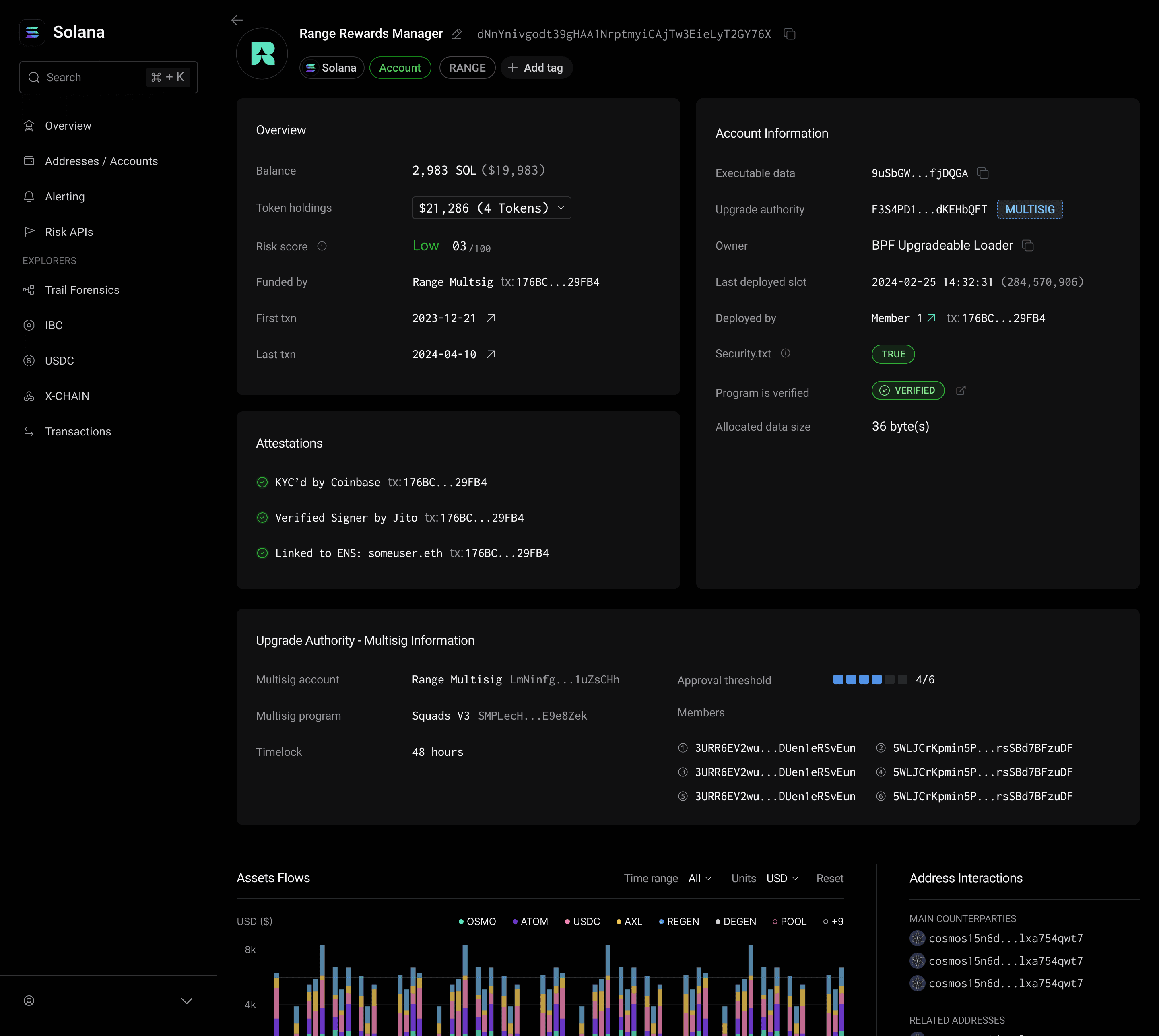
Enhanced Privacy Control: Users share only cryptographic attestations—not sensitive documents—preserving privacy while proving eligibility for participation.
-

Cross-Platform Interoperability: A single onchain attestation can be reused across multiple Web3 platforms, eliminating repetitive KYC checks and improving the user experience.
-
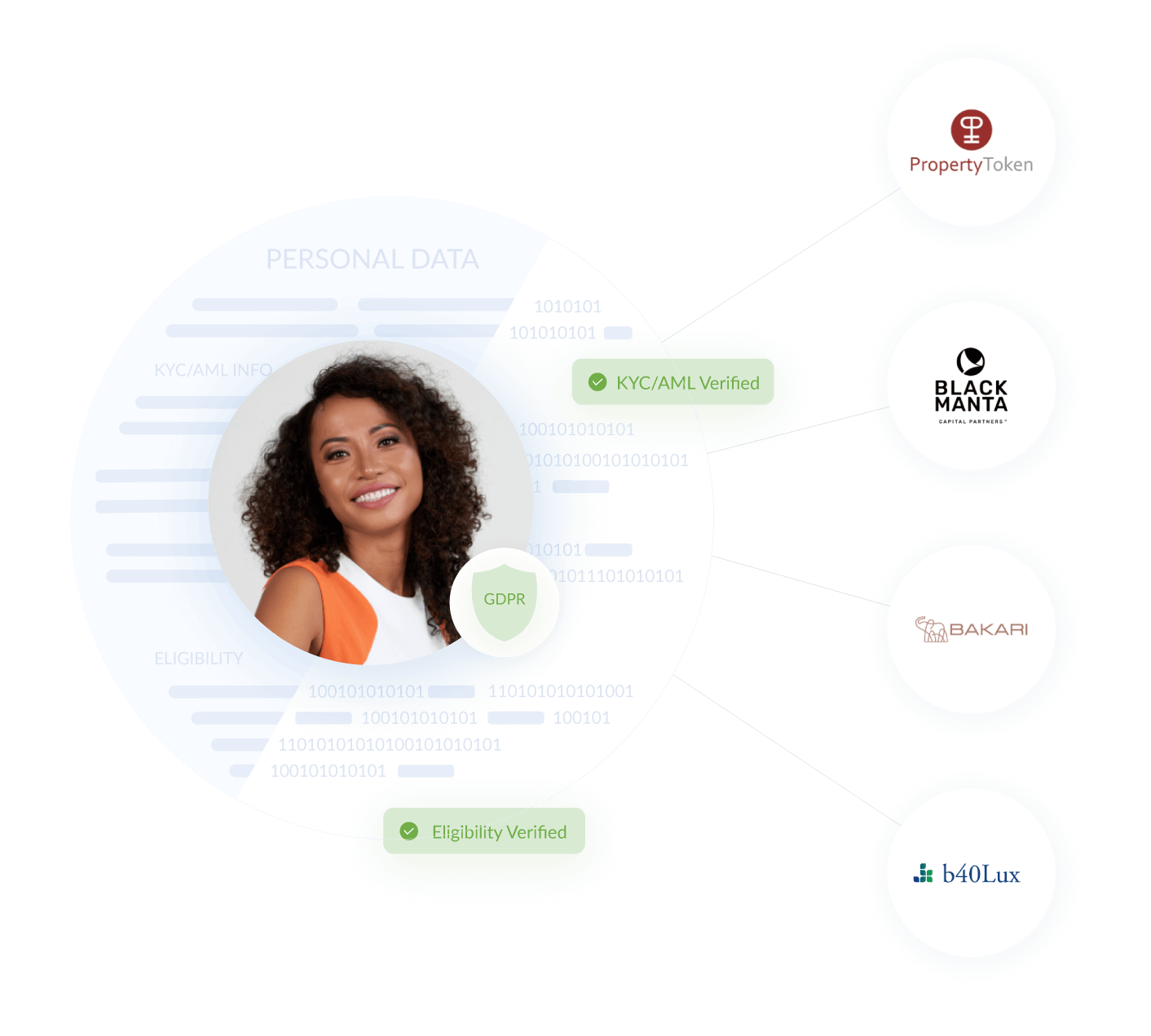
Regulatory Compliance Simplified: Attestations can encode attributes like accredited investor status or residency, helping platforms meet evolving compliance requirements efficiently.
-
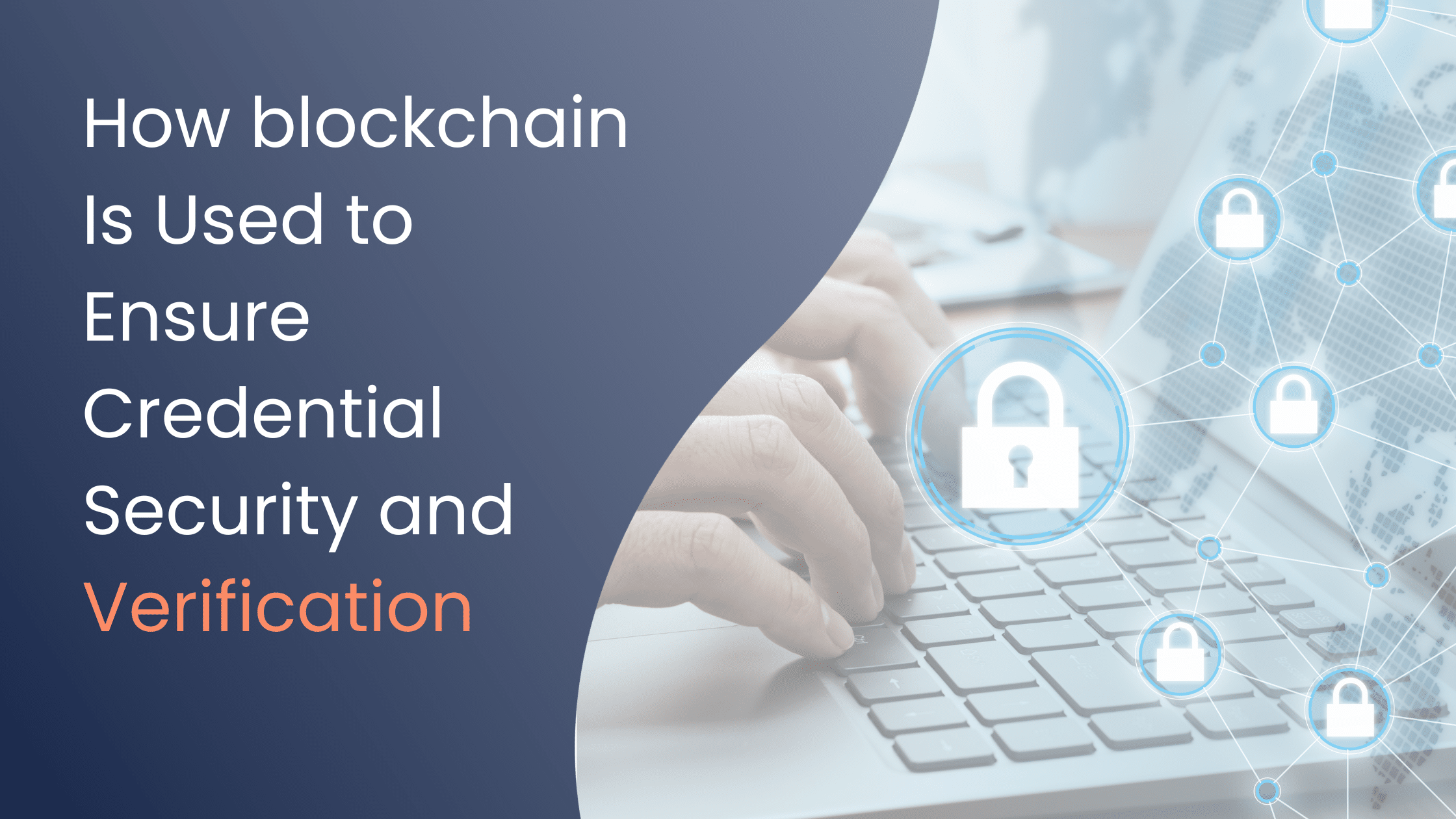
Immutable and Verifiable Records: Attestations are recorded on public blockchains, making them tamper-proof and easily auditable for both users and service providers.
For example, solutions like Blockpass’ On-Chain KYC® 2.0 let projects issue reusable digital identities covering attributes like document verification or residency status. These credentials are portable across dApps, reducing onboarding time while meeting regulatory standards.
Streamlining Token Sale Compliance via Blockchain
Token sales demand robust compliance with global regulations. Platforms must ensure only eligible participants can access their offerings – often requiring checks for accredited investor status or geographic restrictions. With decentralized KYC verification, these requirements are met through onchain attestations that encode eligibility criteria without leaking private data.
The process is straightforward:
- User completes KYC with an approved provider
- An attestation is issued to their wallet address onchain
- The attestation can be programmatically verified by token sale contracts using minimal code
This approach not only accelerates onboarding but also creates an auditable trail for regulators and auditors.
Privacy-Preserving Identity: The Next Frontier
A core value proposition of Web3 is user sovereignty over data. Onchain attestations align perfectly with this ethos by allowing users to prove credentials (“I am over 18,” “I reside in the EU”) without revealing underlying documents or PII. Solutions like Hinkal’s zk-protocol push this further, letting users mint access tokens after confidentially verifying their KYC status – unlocking private DeFi transactions while maintaining compliance (see Hinkal’s approach here).
Privacy-Preserving KYC Use Cases in DeFi and DAOs
-
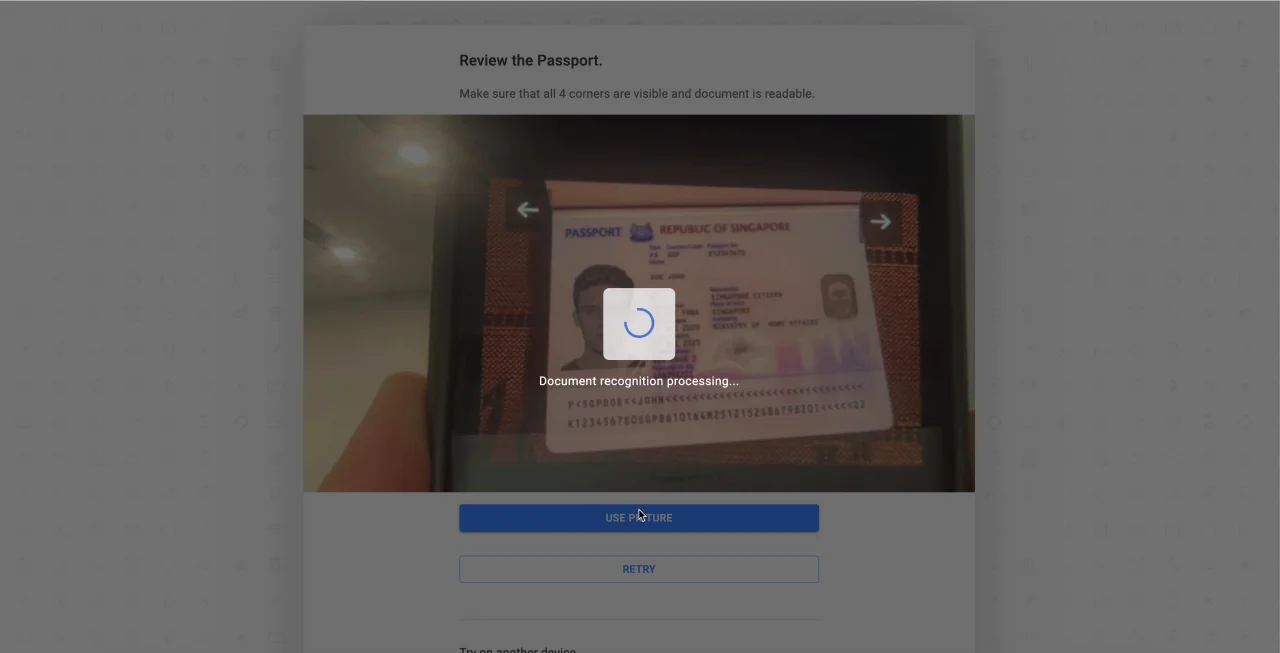
Blockpass On-Chain KYC® 2.0: Enables users to complete KYC once and receive a reusable, verifiable onchain attestation. This attestation can be referenced by multiple DeFi platforms and DAOs, allowing users to prove eligibility for allowlists or token sales without exposing sensitive personal data.
-

Hinkal zk-KYC Access Tokens: Utilizes zero-knowledge proofs and onchain attestations to let users mint an access token after KYC. This token grants entry to confidential DeFi transactions, ensuring regulatory compliance while preserving user privacy.
-
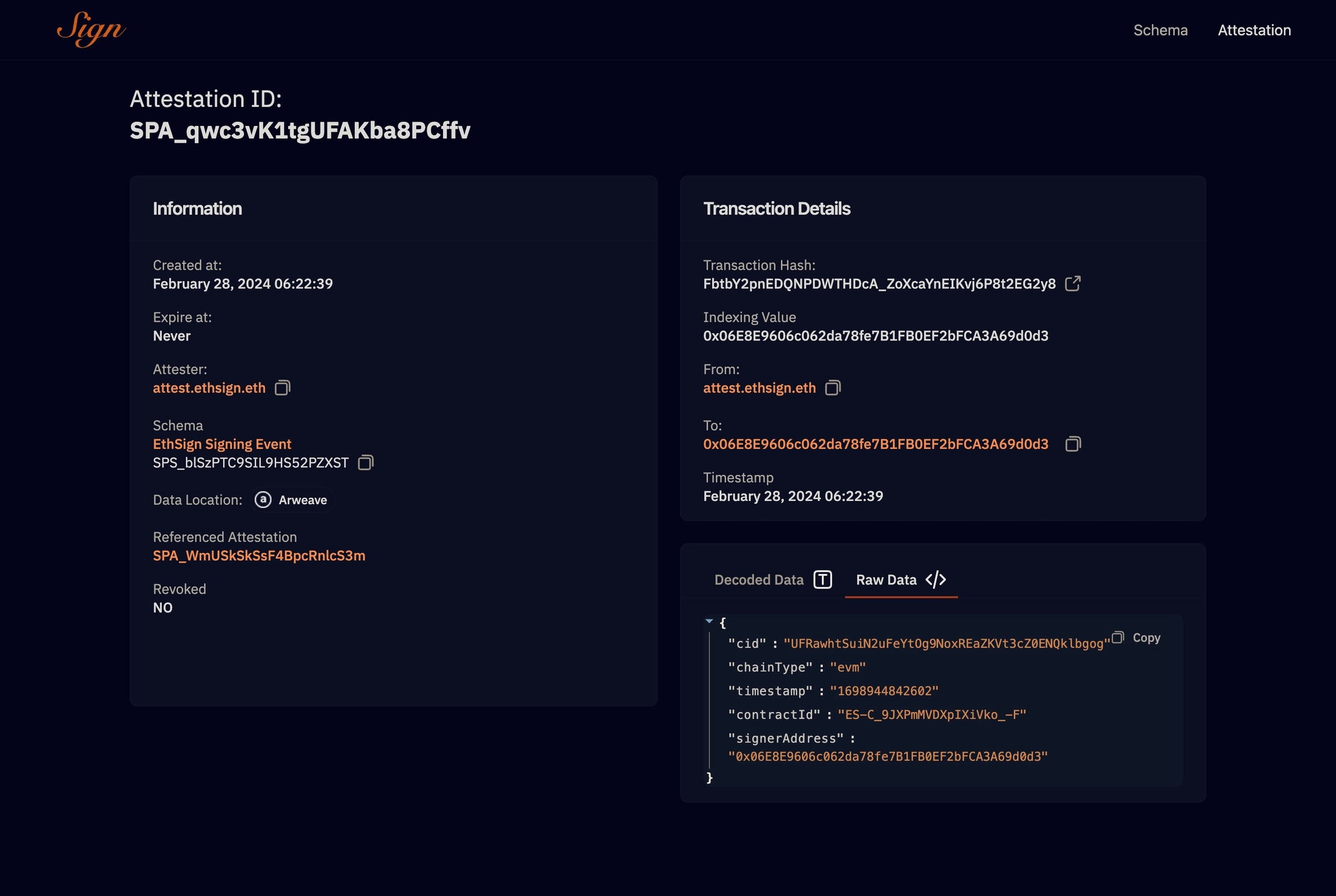
Attest Protocol for DAO Membership: Offers schema-based onchain attestations that DAOs can use to verify KYC status. Members can join governance or participate in token sales by presenting a cryptographic proof, not their personal documents.
-
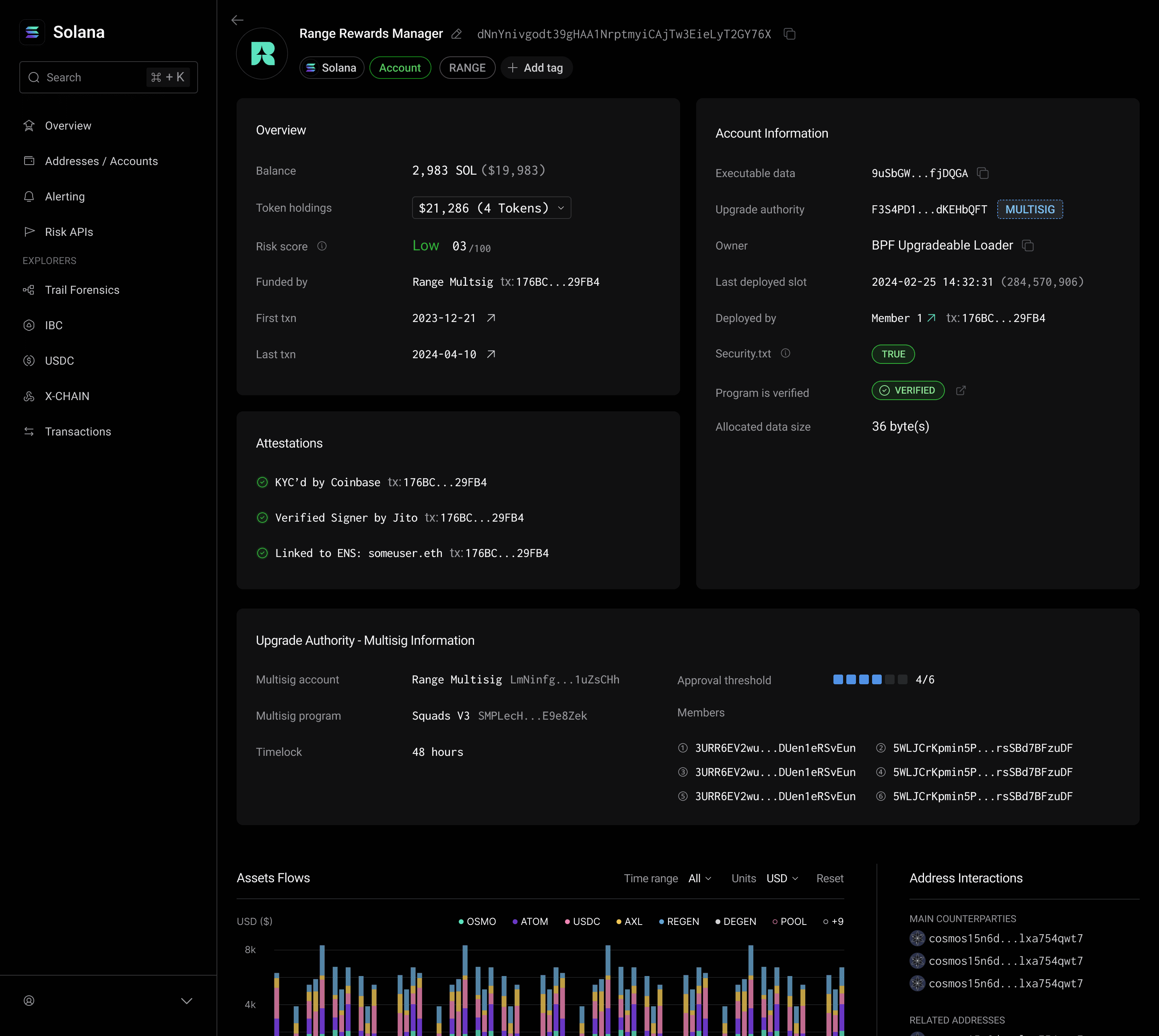
Ethereum Attestation Service (EAS): Provides a decentralized infrastructure for issuing and verifying onchain attestations. DeFi apps and DAOs can leverage EAS to confirm user eligibility, such as jurisdiction or accredited investor status, without handling raw identity data.
-
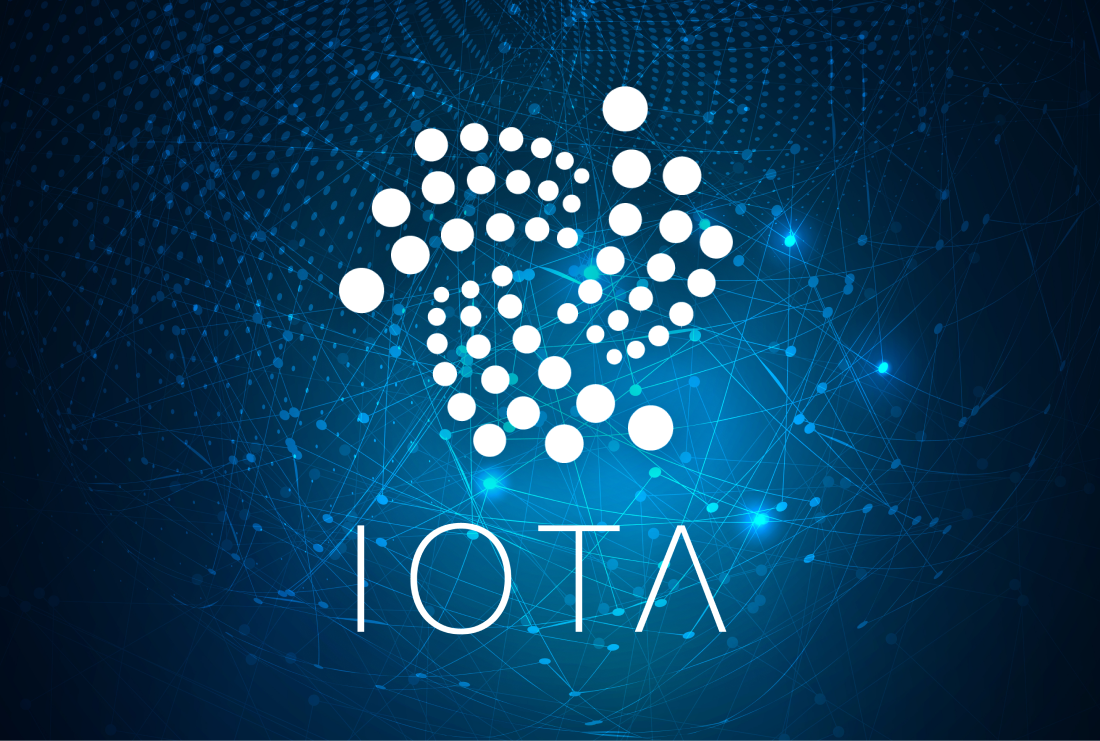
IOTA Tokenized KYC: Implements privacy-preserving, onchain KYC attestations that authenticate users for DeFi participation. The system reduces the risk of identity theft by allowing verification without revealing underlying personal information.
As the regulatory landscape intensifies, the ability to demonstrate compliance without sacrificing user privacy is a game-changer. Onchain attestations enable platforms to adopt a privacy-preserving KYC Web3 approach, where only the minimum required information is shared. This not only reduces the attack surface for data breaches but also builds confidence among privacy-conscious users, allowing them to participate in token sales and gated communities with peace of mind.
Cross-platform interoperability is another major advantage. Since attestations are standardized and anchored on public blockchains, any dApp or protocol can instantly verify a user’s eligibility for allowlists or token launches using their onchain identity credentials. This composability unlocks new models for collaboration between DeFi protocols, DAOs, and NFT projects, eliminating silos and manual review processes.
Real-World Adoption: From Token Sales to DAO Governance
We’re already seeing leading projects leverage onchain attestations for KYCed addresses at scale. For instance, Blockpass integrates with Ethereum Attestation Service (EAS) to automate KYC for token launches and DeFi onboarding. Similarly, Attest Protocol provides schema-based attestations that developers can easily implement to gate access based on compliance criteria.
This trend is accelerating as more jurisdictions require verifiable proof of participant eligibility in public sales or DAO governance votes. By anchoring these proofs onchain, projects gain an immutable audit trail that stands up to regulatory scrutiny, without centralizing sensitive user data.
Leading Platforms for Onchain KYC Attestations
-
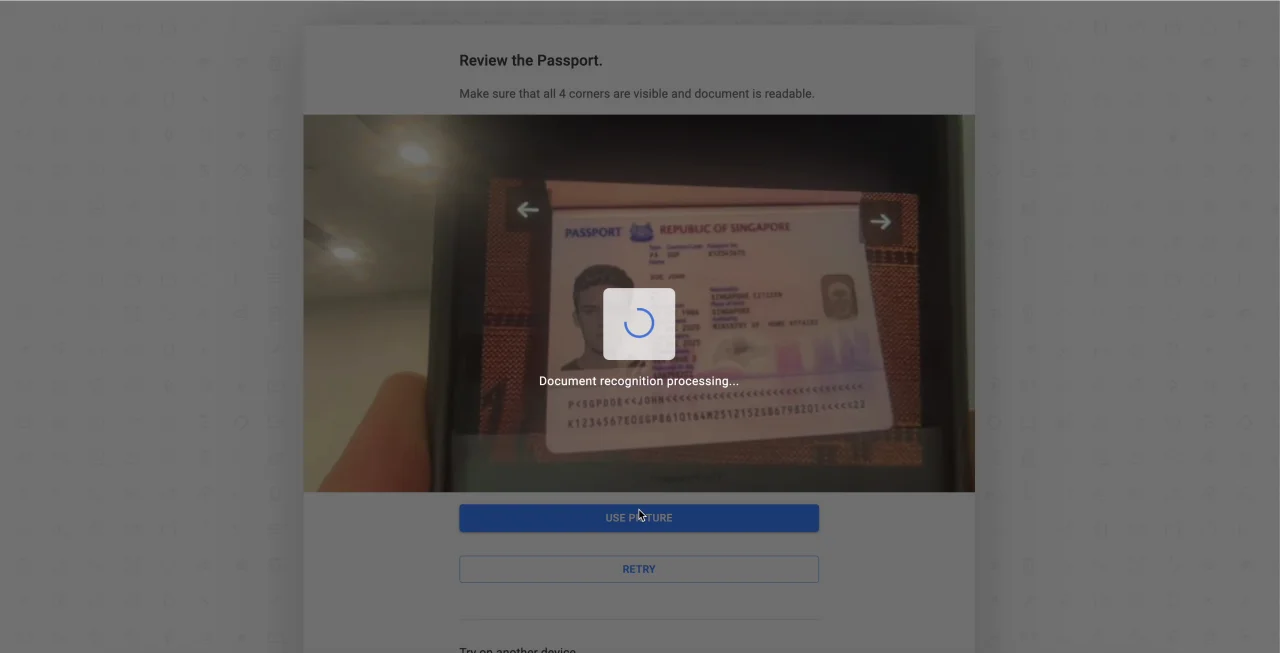
Blockpass: Offers On-Chain KYC® 2.0, enabling issuance of reusable, verifiable digital identity attestations for streamlined KYC across Web3 allowlists and token sales.
-
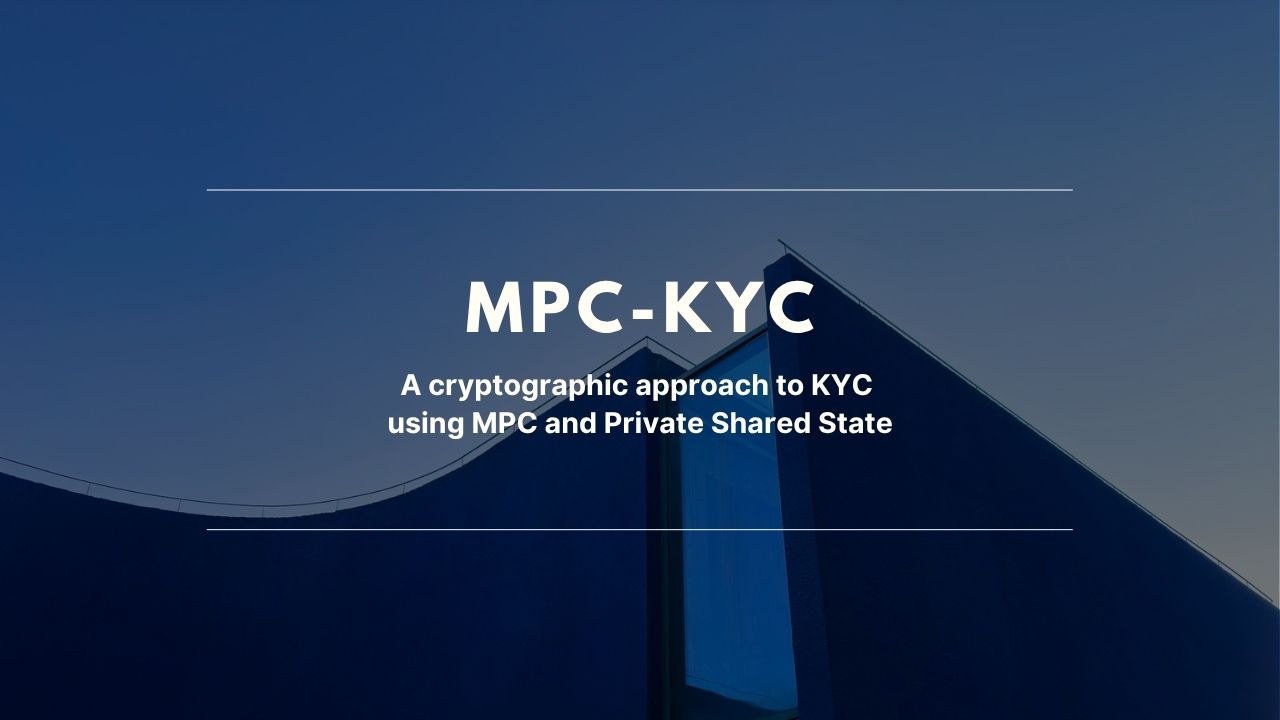
Attest Protocol: Provides a schema-based system for onchain attestations, allowing developers to verify KYC status efficiently with minimal code in decentralized applications.
-
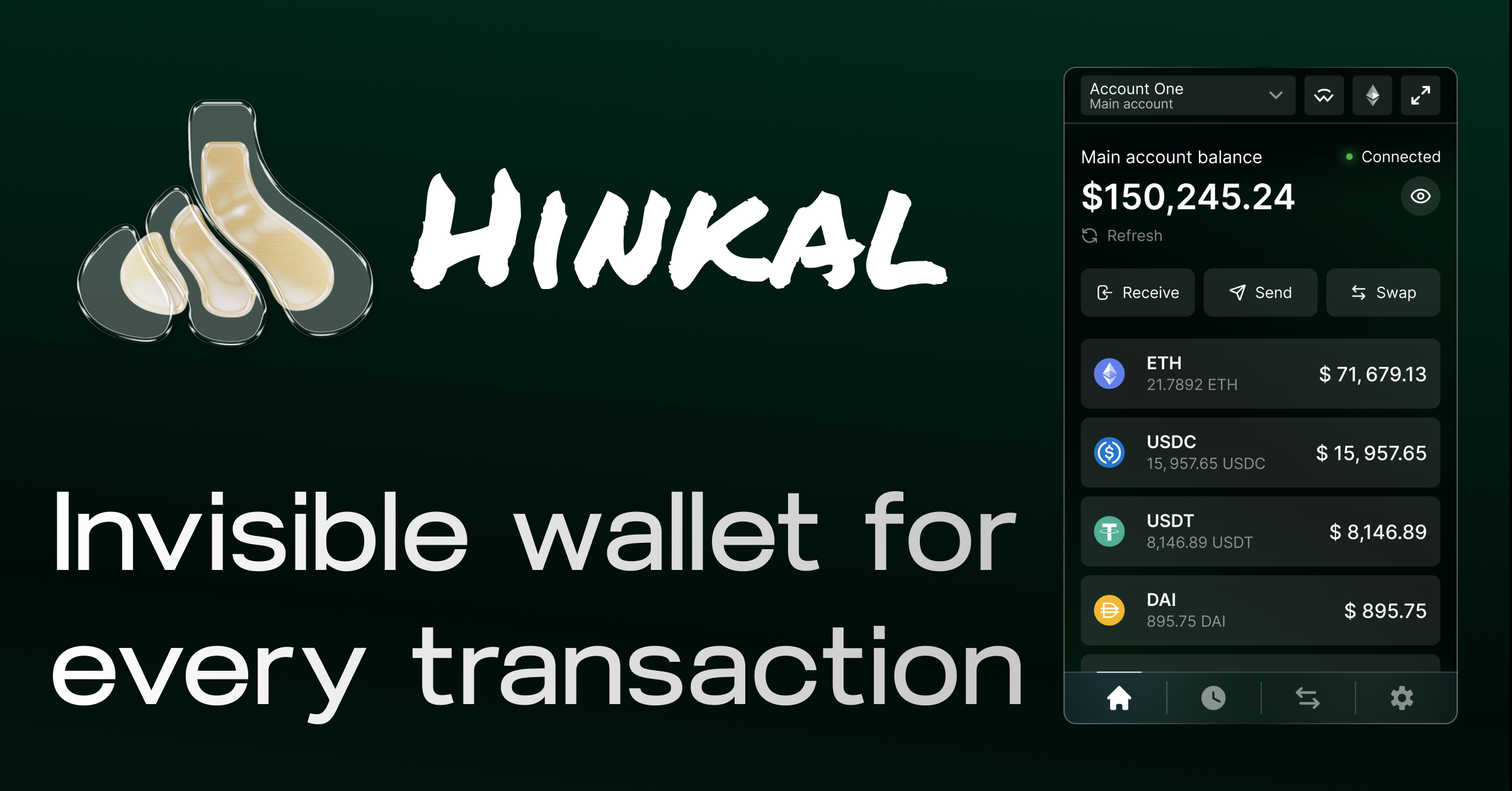
Hinkal: Utilizes zero-knowledge proofs to issue KYC(B) attestations, letting users mint access tokens for compliant, private DeFi transactions.
-
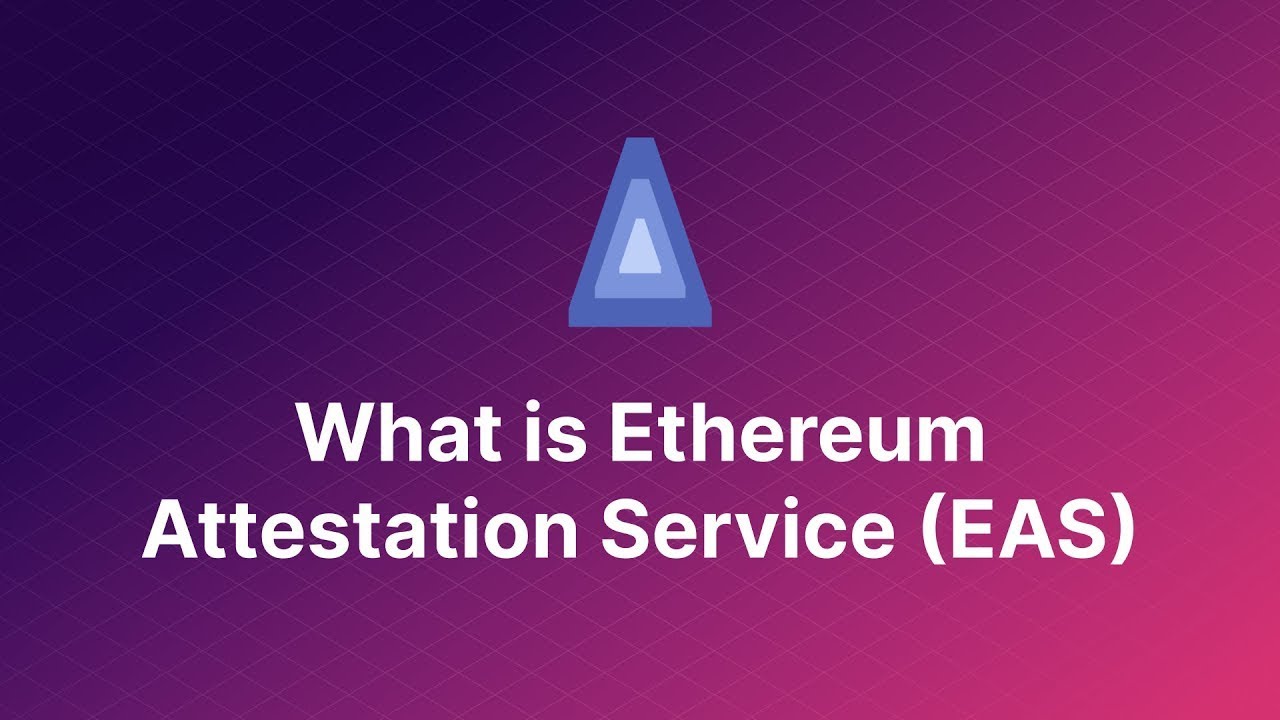
Ethereum Attestation Service (EAS): A widely adopted protocol for recording onchain attestations, supporting KYC proofs that are immutable and verifiable on Ethereum.
-
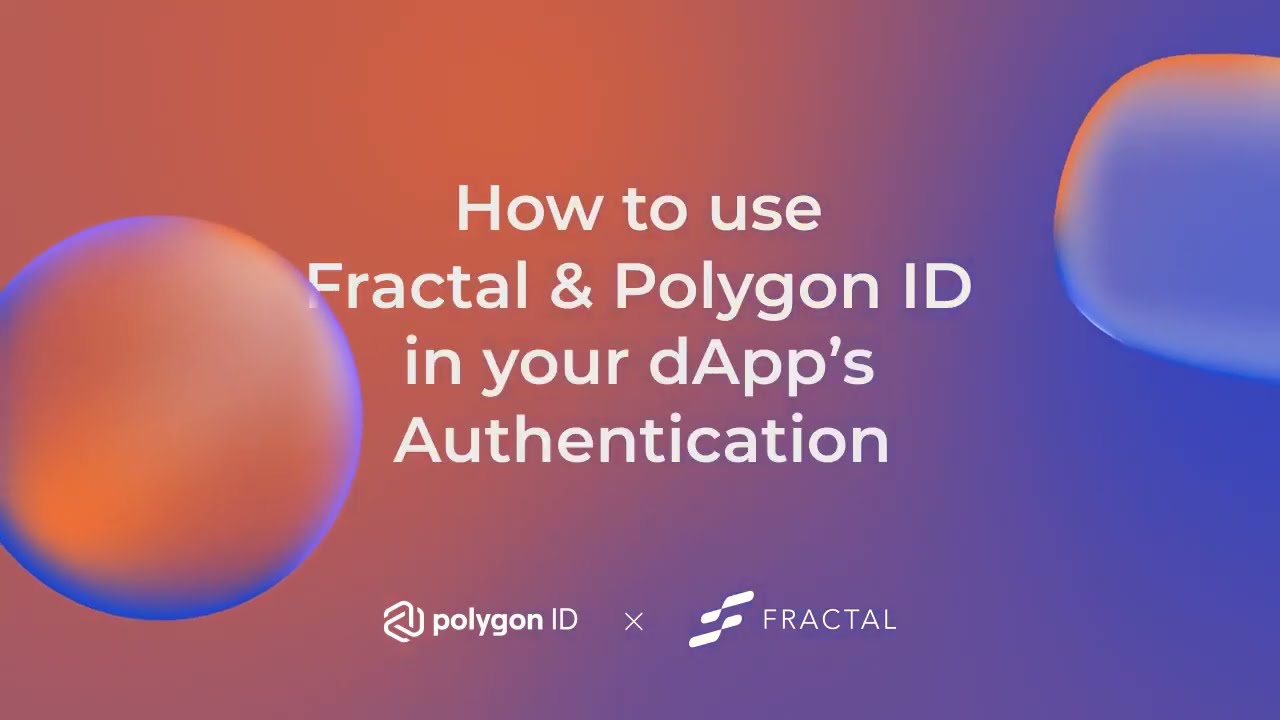
Polygon ID: Leverages zero-knowledge technology to enable privacy-preserving, onchain KYC attestations for use in Web3 allowlists and token sales.
The benefits extend beyond compliance. With reusable identity credentials, users can move seamlessly across ecosystems, joining new communities, accessing exclusive drops, or participating in governance, without repeating invasive verification steps. This fosters growth and inclusivity across the entire Web3 space.
Building Trust Through Verifiable Credentials
The future of Web3 hinges on trustless yet verifiable interactions. Onchain attestations make it possible to prove anything from “KYC passed” to “DAO member since 2021” directly on-chain, no intermediaries required. For allowlist managers and token issuers, this means streamlined operations; for users, it means control over their digital footprint.
Innovation thrives on transparency: By combining cryptographic proofs with user-controlled credentials, we move closer to a world where identity is portable, privacy-respecting, and universally verifiable.
As regulatory frameworks evolve and interoperability becomes table stakes for DeFi and NFT projects alike, expect onchain attestations for KYCed addresses to become the gold standard for digital identity in blockchain networks. Platforms that embrace this model today will be best positioned to scale globally while maintaining both compliance and user trust.






